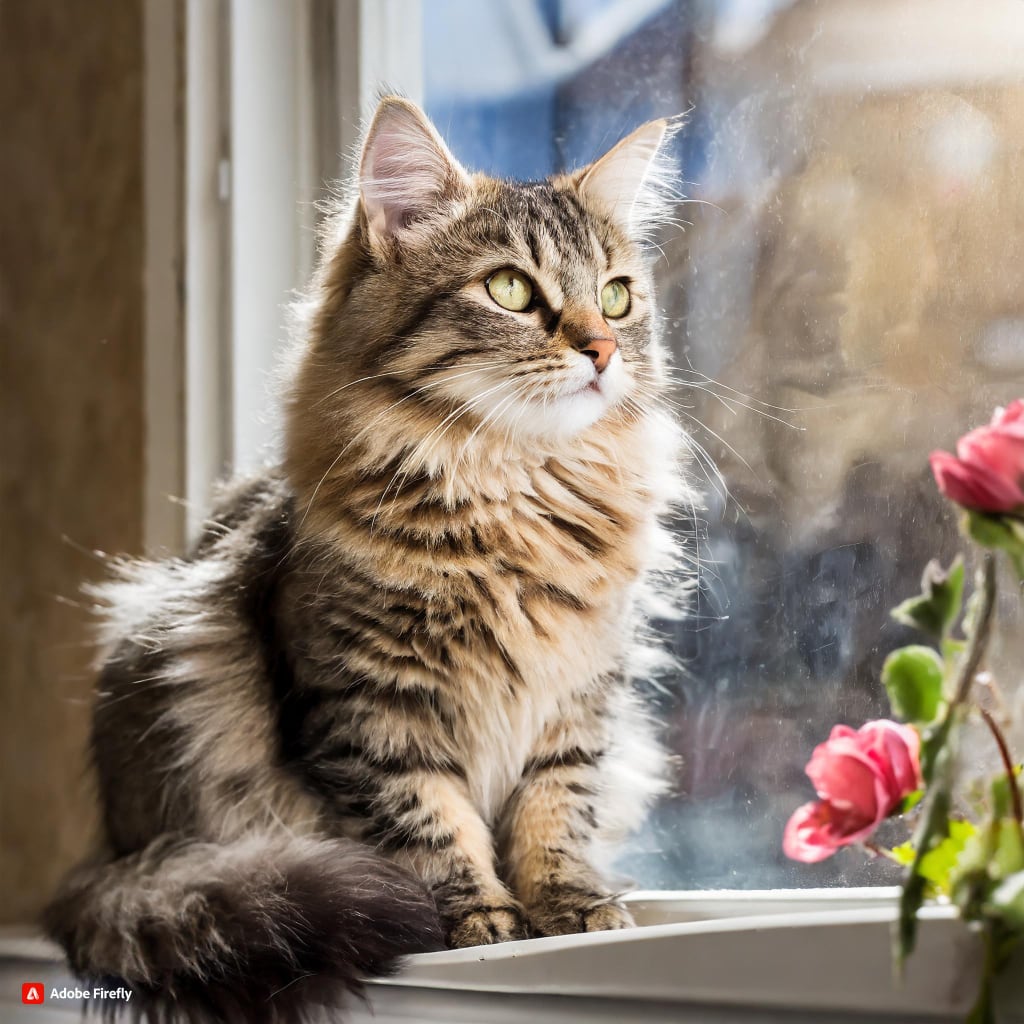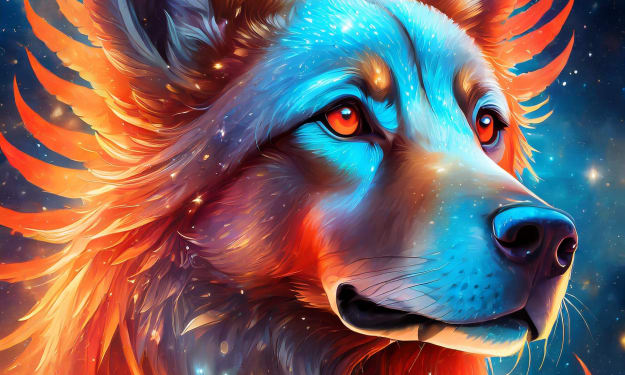Cat
The Enigmatic Feline Companions: Unraveling the Mysteries of Cats

The Enigmatic Feline Companions: Unraveling the Mysteries of Cats
Cats, with their graceful movements and enigmatic gaze, have been captivating humans for centuries. These independent and mysterious creatures have become integral parts of households around the world, transcending their roles as mere pets to assume positions of companionship and, at times, revered symbols in various cultures. This essay delves into the multifaceted nature of cats, exploring their origins, unique characteristics, impact on human lives, and the deep-rooted cultural significance they hold.
Cats Through the Ages: A Historical Odyssey
The history of cats intertwines with that of human civilization, dating back to ancient times. The domestic cat, scientifically known as Felis catus, is believed to have originated from the African wildcat. Early civilizations, recognizing the benefits of having feline companions, embraced cats for their innate ability to control rodent populations, safeguard food supplies, and provide companionship.
One of the earliest known instances of cat domestication occurred in ancient Egypt. Egyptians not only kept cats as pets but also revered them, associating them with the goddess Bastet, who embodied home, fertility, and protection. Killing a cat, even accidentally, was considered a grave offense, punishable by severe penalties. Cats adorned the walls of tombs, symbolizing protection in the afterlife.
As trade and exploration expanded, cats found their way to different parts of the world. In Europe, during the Middle Ages, cats faced a paradoxical existence. While they were admired for their pest control abilities, they were also associated with superstitions and witchcraft, leading to mass persecution during witch trials.
The Peculiar Charm of Cats: Unique Traits and Characteristics
Cats possess a myriad of traits that make them endearing and fascinating creatures. Their lithe bodies, sharp senses, and retractable claws are well-suited for a life of hunting and exploration. Unlike many domesticated animals, cats retain a significant degree of independence, often choosing when and how they interact with their human companions.
One of the most intriguing aspects of feline behavior is their communication style. While dogs are known for their overt expressions of loyalty, cats communicate through subtle signals. The slow blink, a gentle purr, or the swishing of the tail conveys a complex language that cat owners gradually learn to decipher. This nuanced communication adds to the mystique surrounding cats, making their companionship all the more rewarding.
Furthermore, the agility and acrobatics displayed by cats are a testament to their remarkable physical abilities. From effortlessly leaping onto high surfaces to squeezing into seemingly impossible spaces, cats navigate their environments with grace and precision. This adaptability has contributed to their success as both hunters and cherished indoor companions.
Impact on Human Lives: Beyond Companionship
The relationship between humans and cats goes beyond the provision of companionship. Scientific studies have shown that interacting with cats can have therapeutic effects on human health. The act of petting a cat, for instance, has been linked to reduced stress levels and lower blood pressure. The calming purr of a cat is believed to have a soothing effect, providing a source of comfort during challenging times.
Moreover, cats contribute to the overall well-being of their owners by fostering a sense of responsibility and routine. The daily rituals of feeding, grooming, and playtime create a structure that can be particularly beneficial for individuals living alone or facing mental health challenges. The unconditional love and acceptance offered by cats create a unique bond that significantly enhances the quality of life for many.
Feline Cultural Significance: Symbolism and Reverence
Throughout history, cats have held symbolic significance in various cultures. In Japanese folklore, the "Maneki-neko" or beckoning cat is a common talisman believed to bring good fortune and prosperity to its owner. In Norse mythology, the goddess Freyja, associated with love, fertility, and beauty, rode in a chariot pulled by large cats.
Cats have also played prominent roles in literature and the arts. From the mischievous Cheshire Cat in Lewis Carroll's "Alice's Adventures in Wonderland" to the whimsical antics of "The Cat in the Hat" by Dr. Seuss, feline characters have left an indelible mark on storytelling. Artists have been equally captivated by the elegance of cats, with paintings like Édouard Manet's "Olympia" featuring a reclining cat as a symbol of sensuality.
In Egyptian art, cats were often depicted in graceful poses, symbolizing grace and poise. The ancient Egyptians believed that the protective qualities of cats extended beyond the physical realm, guarding against evil spirits and negative energies. The reverence for cats in Egyptian culture remains evident in contemporary society, where images of cats are often used as decorative motifs and symbols of good luck.
The Enigmatic Charm Persists
In conclusion, the enigmatic charm of cats has endured throughout the ages. From their historical roles as hunters and protectors to their contemporary status as beloved companions, cats have seamlessly integrated into the fabric of human lives. Their unique traits, impact on human well-being, and cultural symbolism contribute to the enduring fascination and admiration for these mysterious creatures. As the saying goes, "In ancient times, cats were worshipped as gods; they have not forgotten this." Indeed, the mysterious allure of cats persists, casting a spell that continues to captivate and enchant.






Comments
There are no comments for this story
Be the first to respond and start the conversation.